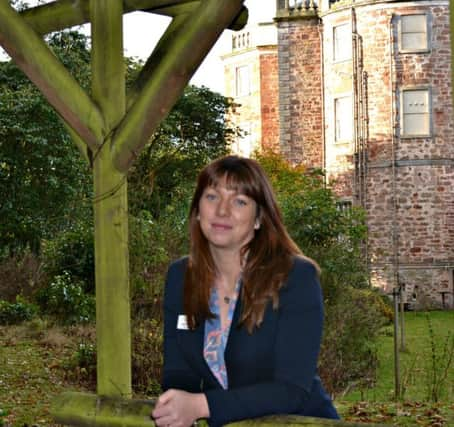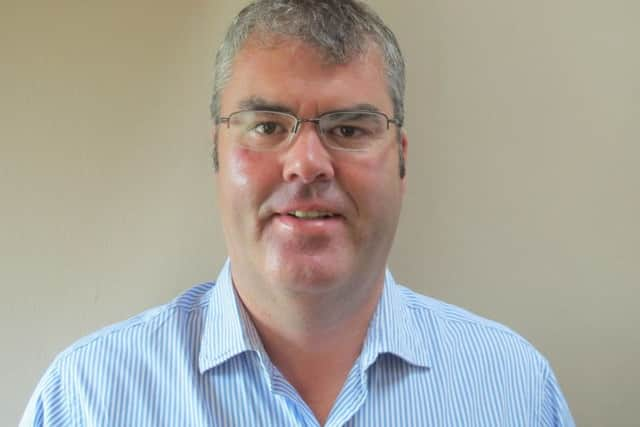Give children the extra support they require


There has also been an increase in the number of those with a higher complexity of need, with a resulting impact on special school places. Many children and young people with ASN, who require specialist teaching, are therefore being placed in mainstream education. This is leading to considerable pressures on often under-resourced teachers and support staff, meaning that these children and young people may not be receiving the care and support they so desperately need, as well having a considerable impact on the rest of the class.
With local authorities awaiting their next budget settlement against a background of austerity, this increase in the number of those with ASN highlights the need to develop effective strategic partnerships and innovative service solutions between local authorities and service providers, such as third sector and independent organisations.
Advertisement
Hide AdAdvertisement
Hide AdThe child or young person should be at the centre of this process, adequately assessed and receiving the care and support they need, whether this is best-provided by the public sector, or independent or third sector providers.


In January of this year it was announced by the Minister for Learning, Science and Scotland’s Languages that a review of the guidance on the duty to provide mainstream education will take place.
The current Scottish Government’s guidance on the presumption of mainstreaming reports that it is based “on the premise that there is benefit to all children when the inclusion of pupils with special educational needs with their peers is properly prepared, well-supported and takes place in mainstream schools within a positive ethos. Such inclusion helps schools to develop an ethos to the benefit of all children, and of society generally.”
If a pupil’s needs cannot be met in a mainstream environment local authorities must seek to work closely with special schools, both local authority and independent, to put into place the best plan of action. By increasing special school provision, and making better use of the independent sector to provide the specialist teaching and support that some children and young people require, it will alleviate much of the pressure mainstream schools currently face, and ensure children and young people who need specialist help and support receive this in the most suitable environment. It will also result in the children and young people in the mainstream environment reaching their full potential.
Pupils at Falkland House School have a wide range of educational, emotional, social and psychological needs. We focus on identifying areas where pupils are capable of achievement and help them develop these abilities to their fullest potential.


One of the key philosophies of Falkland House School is not to change the world to accommodate young people’s difficulties, but to offer real and full experiences which give the boys the skills and resilience needed to meet life’s challenges. Our progress in this has been recognised through the attainment of 11 out of 11 “excellent” ratings from the Care Inspectorate.
The current financial environment provides an opportunity to explore the potential for public service reform and the development of a closer partnership with external service providers, so together we can deliver the most effective services for children and young people with ASN.
By ensuring a child or young person has access to a high-quality, well-resourced provision that meets their personal needs, we will be closing the much-talked about educational attainment gap as well as reducing future health, economic and social costs.
Stuart Jacob, Director, Falkland House School, member of the Scottish Children’s Services Coalition